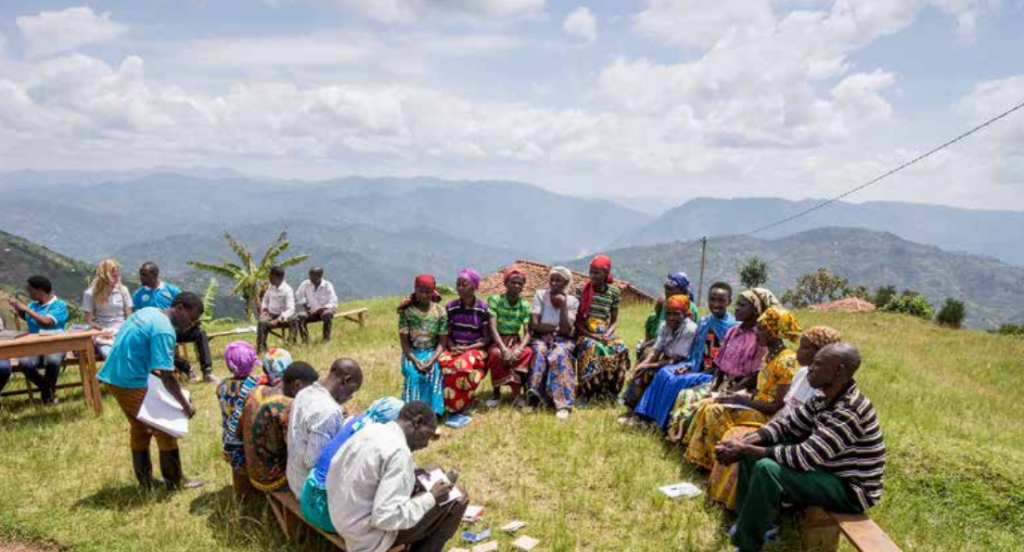In this Article
A study published by the Food and Agriculture Organization of the United Nations (FAO) highlights the significant potential of social entrepreneurship in fostering economic development and environmental protection in mountain regions.

Mountain regions often serve as focal points for entrepreneurial initiatives to preserve biodiversity, safeguard ecosystems, and promote sustainable tourism. While these efforts are commendable, adopting socially and environmentally responsible approaches can address the unique challenges mountain communities face while simultaneously generating significant economic benefits.
Globally, social businesses are based on addressing social or environmental issues while ensuring financial sustainability. Profits generated by these ventures are typically reinvested to expand the business, enhance its social impact, or establish new social enterprises. Within the context of mountain regions, the effectiveness of social entrepreneurship can be amplified through targeted strategies such as value chain development, women empowerment, and innovative marketing and branding initiatives.
Strengthening local producers’ marketing knowledge and value chains can significantly enhance mountain products’ economic and social benefits. Producers can improve market visibility and achieve higher prices by effectively communicating the value of these products — including their contribution to biodiversity conservation, their role in preserving gastronomic richness, and their positive environmental impact.
In many mountain areas, male migration to lowland or overseas areas for higher income is a common phenomenon. Investments that specifically target and prioritize rural women can significantly enhance their employment opportunities, improve their access to and control over natural and economic resources, and contribute to the overall empowerment of women within these communities.
Moreover, commercial strategies such as product labeling, certification, and geographical indications can effectively communicate the interconnectedness of food, culture, and territory, thereby adding value to mountain products.
By providing targeted support, including capacity development programs and access to funding, policymakers and development agencies can empower social entrepreneurs to create sustainable livelihoods and contribute to the overall well-being of mountain communities and their surrounding environments.
Reference: FAO. 2024. Promoting innovation and tradition – Solutions for climate change adaptation in mountains. Rome, FAO. https://doi.org/10.4060/cd3668en.




